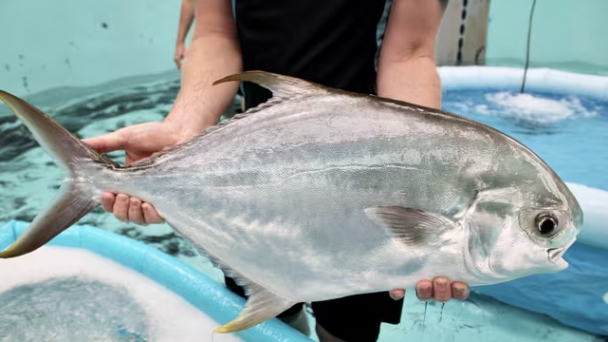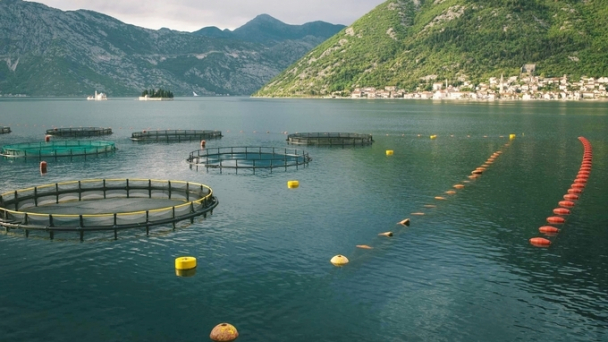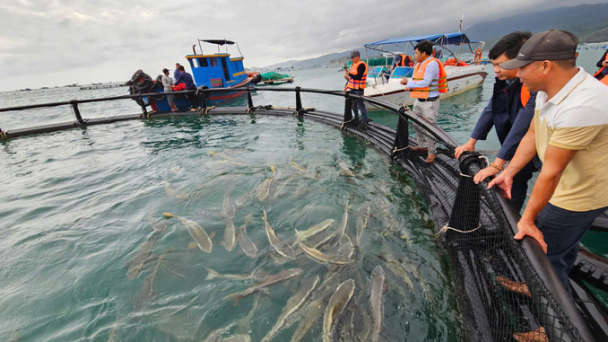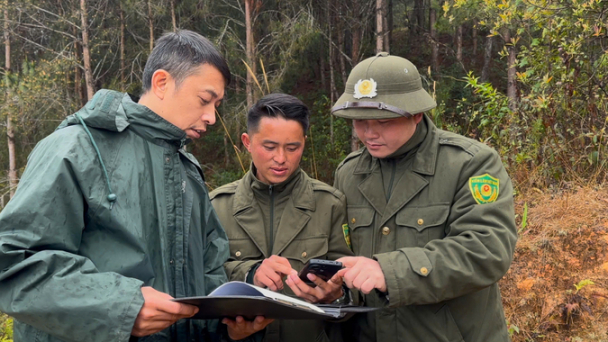March 11, 2025 | 04:09 GMT +7
March 11, 2025 | 04:09 GMT +7
Hotline: 0913.378.918
March 11, 2025 | 04:09 GMT +7
Hotline: 0913.378.918
The Regional West Africa Rice Development project received $99.16 million in funding from the African Development Fund, providing aid to develop rice cultivation value chains that will benefit 15 countries in the region.
The project’s goal is to increase food security and sovereignty by encouraging public and private investments in rice value chains to increase self-sufficiency in rice by 2030 in West Africa, which is home to more than 460 million people.
“The project will help to increase production and the productivity of rice cultivation, as well as improving income generation for farmers, particularly women and young people,” the bank said. “It will also help to increase the resilience and capacity for adaptation of rice farms and production systems in response to climate change, as well as processing, marketing and the intraregional trade in rice. “
Initial beneficiaries of the funding announced Nov. 20 include the countries of Gambia and Guinea-Bissau at the national level, as well as the Economic Community of West African States (ECOWAS) and the Africa Rice Center (AfricaRice) at the regional level.
Funds will be provided in the form of separate grants of $15.95 million, $43.88 million and $19.94 million from the African Development Bank Group’s concessional loans window. A fourth grant of $19.39 million will come from the Transition Support Facility, a bank instrument that supports the continent’s most fragile countries.
Grants from the African Development Bank Group represent 91.2% of the total cost of the project. The governments of Gambia and Guinea-Bissau will each contribute 5.2%, with the beneficiaries contributing 1.7% in kind. ECOWAS and AfricaRice will contribute 1.2% and 0.8% of the total project cost, respectively.
At the national level, the project plans to develop irrigation infrastructure and to improve the sustainability of irrigation services, support the distribution of supplies and improved, climate-smart seeds, and strengthen processing units and the marketing of local rice, with a particular emphasis on skills development and access to finance for women and young people. Another goal is to strengthen agricultural cooperatives and access to mechanization, while improving farmers’ capacity for adaptation and resilience in response to climate change and extreme events.
The first regional project, supported by AfricaRice, will provide technical support for encouraging innovation in rice cultivation value chains in the project’s intervention countries in West Africa. This includes a needs assessment for seeds and varieties in the various countries, as well as the production and distribution of improved seeds.
The second regional project, supported by ECOWAS, will concentrate on regional policy and regulatory reforms and harmonizing these across the region. It will contribute to improving governance in the West African rice sector through the ECOWAS Rice Observatory, which also will be supported by the project.
The African Development Bank Group is a multilateral financing institution dedicated to Africa's development. It comprises three distinct entities: the African Development Bank, the African Development Fund and the Nigeria Trust Fund.
(WG)
/2025/03/10/3951-2-133307_564.jpg)
(VAN) Quang Ninh sets a goal of newly planting nearly 32,000 ha of forests in 2025. It can be said that forestry seedlings are the 'key' to restoring forests after natural disasters in Quang Ninh.

(VAN) Following successful breeding trials and market testing, the farming of Pompano – a white-flesh fish – could add more than AUD 1 billion to Australia’s economy.

(VAN) Careful planning can be considered a way to expand mariculture and supply food for billions of people while lessening impacts on biodiversity.

(VAN) On March 7, in Nha Trang City, the People's Committee of Khanh Hoa Province held a ceremony to announce and launch the pilot project for high-tech marine farming development in the province.
/2025/03/08/1839-1-170829_447.jpg)
(VAN) The pilot models of emission-reducing rice farming being implemented in the Mekong Delta show the prospect of increasing economic efficiency and reducing greenhouse gas emissions.

(VAN) With only a smartphone, members of the Muong La Nature Reserve can collect all patrol data, from photos to statistics, thanks to SMART.

(VAN) The emission-reducing rice farming model achieved a profit of more than VND 40 million per hectare, an increase of VND 10 million compared to the traditional production practices of farmers.